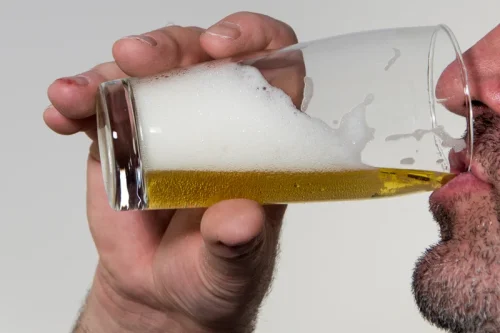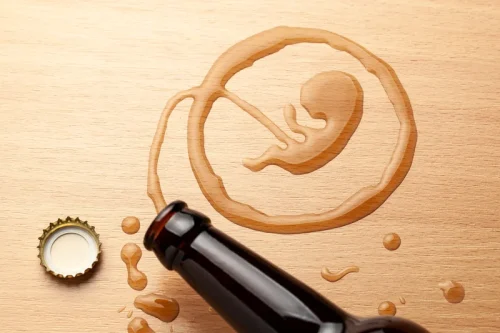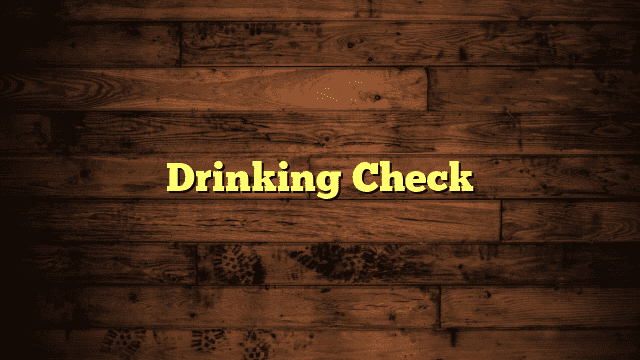
In this qualitative cohort, qualitative interviews will be conducted at months 3 and 12. At each in-depth interview, we will ask participants about personal drinking and sexual behaviors, attitudes towards and perceptions around drinking, PrEP use, and if and how they have changed over time as well as their experiences in the study. Participants in the BAI arm will also be asked about BAI acceptability, including how they experience BAI, if the BAI is useful and acceptable for them and if the BAI would be applied for those with unhealthy alcohol. Finally, more basic research is needed to clearly evaluate whether abstinence that follows chronic alcohol consumption completely or partially restores the full integrity of the affected organs.
- For many, continued follow-up with a treatment provider is critical for overcoming alcohol problems.
- Over the course of 7 months of abstinence, individuals with alcohol use disorder experienced significant improvements in their brain structure.
- The members of this club work out, have demanding jobs and simply don’t want to feel foggy or hungover anymore.
- Interestingly, although alcohol cessation alleviates fat accumulation, it does not completely reverse fatty liver, probably because the amount of residual fat in livers of alcohol-fed rats overwhelms the degradation/oxidative systems.
- As one drinks more over time, these disturbances get worse and become more difficult to reverse.
Benefits Beyond 30 Days of No Alcohol

He noted that people of Chinese and Indian descent do not benefit from drinking alcohol due to a genetic reason that isn’t fully understood. Other studies, such as this one from 2022, have found similar https://ecosoberhouse.com/ results, showing no health benefits of consuming alcohol in moderation for people under 40, only risks. They can recommend treatment options that can help, including therapy and medications.
A Timeline for the Restoration of Cognitive Abilities after Quitting Alcohol
Try replacing your usual cocktail or beer with a nonalcoholic option, including many of the now popular mocktails available so you can still enjoy social time with friends without having alcohol in the mix. That’s why many of us wonder if a month of avoiding drinking is enough to “reset” your liver back to normal. It’s true that taking a break from alcohol for any amount controlled drinking vs abstinence of time will be beneficial overall, with some research showing that liver function begins to improve in as little as two to three weeks. But a full detox is needed for the most benefit, and how much time that takes depends on a variety of personal factors. The brain also begins to repair some of the damage and shrinkage you may have experienced while drinking.
Groups for Family and Friends
- The 15-item Mental Health Implementation Science Tools Acceptability Scale (mhIST), consumer version [46] and the mhIST 13-item provider version will also be administered simultaneously.
- The challenge of this stage is to essentially develop and maintain healthy life skills that will serve you for a lifetime.
- Other examples included people feeling that asking for social support would result in negative impacts on friendships or might lead people to think they ‘had a problem’ with their drinking or were not in control of their drinking.
- The therapy focuses on identifying the pros and cons of seeking treatment, forming a plan for making changes in one’s drinking, building confidence, and developing the skills needed to stick to the plan.
- It is still unknown whether these positive effects of abstinence persist beyond a month, but Moore speculated it could be possible.
- Other definitions, however, focus on the process of recovery and coping habits that support health and wellness over the long term.
Many 12-step programs suggest that sobriety means total abstinence, which means never using the substance again. Other definitions, however, focus on the process of recovery and coping habits that support health and wellness over the long term. Cognitive–behavioral therapy can take place one-on-one with a therapist or in small groups. This form of therapy is focused on identifying the feelings and situations (called “cues”) that contribute to heavy drinking and managing stress that can lead to a return to drinking. The goal is to change the thought processes that lead to alcohol misuse and to develop the skills necessary to cope with everyday situations that might trigger alcohol misuse.


After you drink alcohol, Volpicelli explains that the small molecules inside it get absorbed by your gut. From there, they travel to other parts of your body and affect organ systems, including the cardiovascular, immune, and nervous systems, along the way. Joseph Volpicelli, MD, PhD, founder and medical director of the Volpicelli Center and executive director of the Institute of Addiction Medicine, says that alcohol can have a negative effect on your mental, emotional, and physical health. “For patients who are left with cirrhosis after severe injury to the liver from alcohol, even one drink of alcohol is toxic to the liver,” cautions Dr. Lindenmeyer. There are also certain foods like tea, fish and nuts that can benefit the liver’s function in many ways.
Theme 2: Reducing external pressure to drink
How do you detox your liver?




